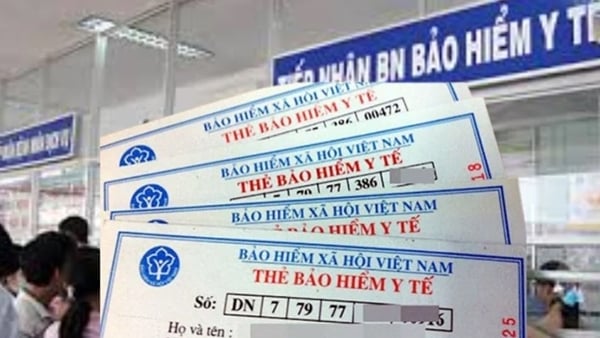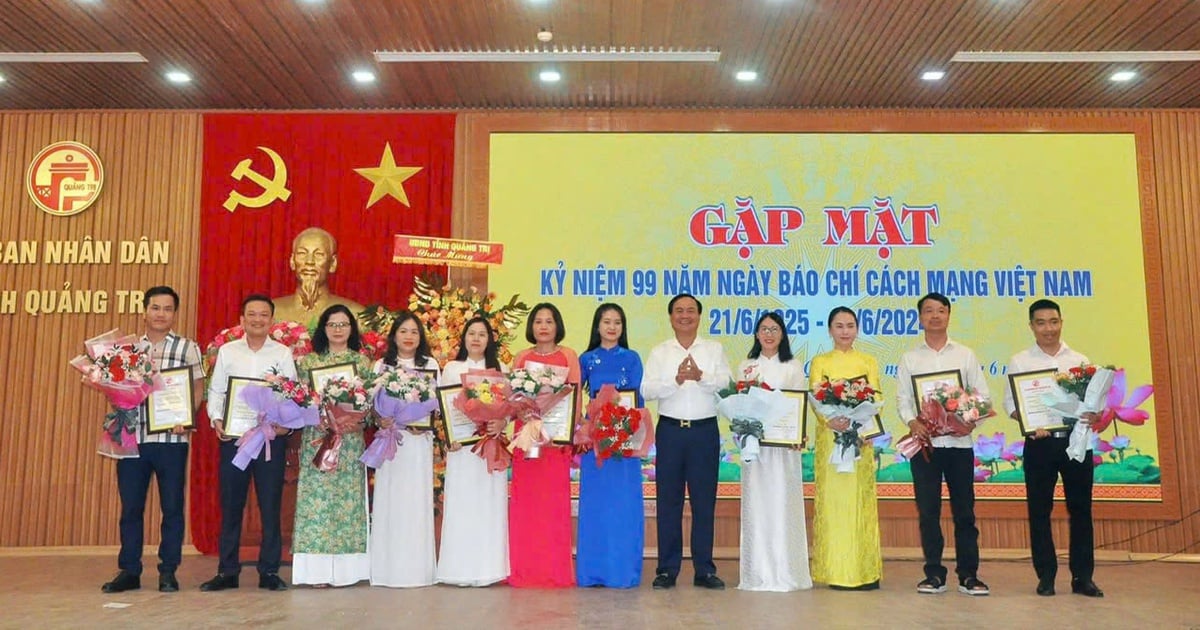Early admission is no longer required, and the entire 12th grade academic results must be used for admission.
The Ministry of Education and Training said that in recent years, the application of early admission has caused the admission period to be prolonged, and candidates have to request confirmation of their high school results to many training institutions, leading to a waste of social resources. In particular, many training institutions have called for early admission in large numbers, but the number of candidates enrolling is very small, showing that early admission is not effective.
In addition, when training institutions conduct early admissions using the learning results from 1 to 5 semesters of high school instead of using the results of the entire 12th grade year (semester 2), it affects the learning process and high school graduation exam of students, thereby affecting their learning capacity at university level.

Therefore, to ensure that students are fully equipped with the necessary basic knowledge to study university programs, from this year the Regulations stipulate that early admission will no longer be considered. The new Regulations also stipulate that when using high school study results for admission, the results of the entire 12th grade of the candidate must be used. In addition, to ensure that the contribution of the entire 12th grade study results is not too low when calculating the consideration score, the Regulations stipulate that the weighting of the 12th grade study results for the consideration score must not be less than 25%.
Publicize the rules for converting equivalent admission scores to ensure fairness
The new regulations stipulate that training institutions using multiple admission methods must determine the equivalent conversion rules for the input threshold and admission scores of the admission methods, admission methods, and admission combinations according to the general instructions of the Ministry of Education and Training.
Thus, schools do not have to allocate quotas for admission methods to avoid risks when considering admission according to the quotas of each method such as the difference in scores between methods being too large, some methods have very high admission scores, admission scores based on transcripts are lower than admission scores based on high school graduation exam results, etc.

In addition, to ensure that candidates have full information during the registration process, the Regulation stipulates that the equivalence conversion rules must be publicly announced at the latest at the same time as the time of announcing the input quality assurance threshold. Candidates do not need to choose a method code, combination code... they only need to clearly identify the program, major, group of majors and training institution they wish to study to decide to register. The general enrollment support system of the Ministry of Education and Training will use the method with the highest result of the candidate for admission consideration.
Unlimited number of admission combinations, use appropriate foreign language certificates for conversion
2025 is the first year that biology courses under the new general education program (General Education Program 2018) will take the high school graduation exam. The Ministry of Education and Training has issued the Regulations on high school graduation exams from 2025, which increase the number of subjects that students can choose. Therefore, to ensure the opportunity for students from different regions to be admitted, the Regulations remove the requirement for training programs, each major and each program has a maximum of 4 admission combinations; there is no limit on the number of admission combinations.
However, in order to ensure the quality and knowledge foundation necessary for university study, the Regulation stipulates that the subject combination used for admission includes at least 3 suitable subjects, including Mathematics or Literature with a weighted score of not less than 25%. From 2026, the total number of subjects in the combination must contribute at least 50% of the weighted score.

In addition, the new Regulation also stipulates that schools can convert foreign language certificates into foreign language subject scores to include in the admission subject group, but the foreign language subject scores converted from foreign language certificates have a weighted score that cannot exceed 50%. With this regulation, candidates can still make the most of their strengths to increase their chances of being admitted to university while still ensuring fairness. The total score does not exceed 10% of the maximum score of the admission scale.
In addition, the regulation of the total bonus points (bonus points, bonus points, incentive points) for different achievements and certificates of candidates being too large can also lead to unfairness for candidates who do not have bonus points (for objective reasons, not because of ability) in the same admission process. Therefore, the Regulations set a limit of the total bonus points not exceeding 10% of the maximum score of the assessment scale (for example, with a 30-point scale, the maximum is 3 points) to create a fairer opportunity in the admission process.
However, training institutions still have bonus points based on the characteristics of the training institution, the input requirements and the maximum exploitation of the candidates' own strengths. Each candidate has the opportunity to achieve the maximum score on the scoring scale, but no candidate has a score (all types of bonus points, priority points) exceeding this maximum score.



![[Photo] Vietnam and Brazil sign cooperation agreements in many important fields](https://vstatic.vietnam.vn/vietnam/resource/IMAGE/2025/3/28/a5603b27b5a54c00b9fdfca46720b47e)
![[Photo] Helicopters and fighter jets practice in the sky of Ho Chi Minh City](https://vstatic.vietnam.vn/vietnam/resource/IMAGE/2025/3/28/3a610b9f4d464757995cac72c28aa9c6)

![[Photo] General Secretary To Lam receives Brazilian President Luiz Inácio Lula da Silva](https://vstatic.vietnam.vn/vietnam/resource/IMAGE/2025/3/28/7063dab9a0534269815360df80a9179e)
















































































Comment (0)